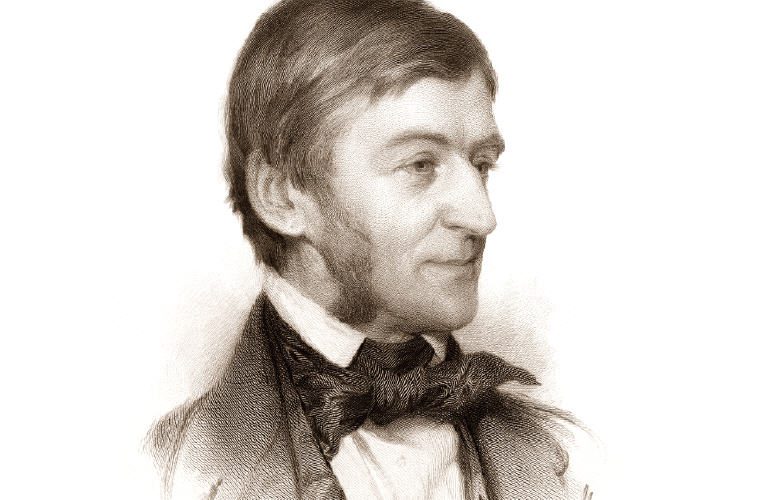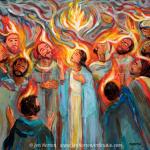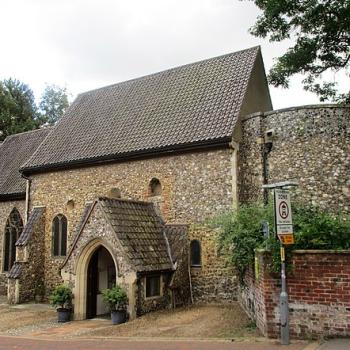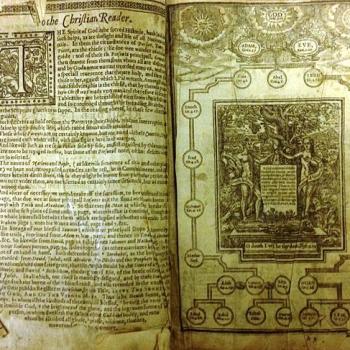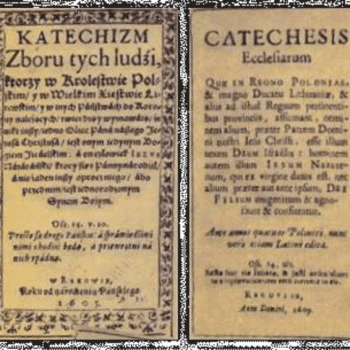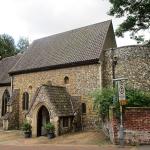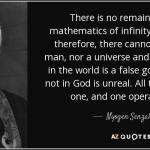Today marks the 220th anniversary of Ralph Waldo Emerson’s birth.
Me, I consider this a signal event in the spiritual development of North America. And, who knows, perhaps the world.
He was a central founder of the Unitarian Transcendentalist movement. For most of America, Transcendentalism was a literary movement. However, in fact it was a theological and spiritual revolution within American Unitarianism and only incidentally a literary phenomenon. I often think of how Zen’s rise touched art and literature while actually being about something else. Connected. But ultimately with its primary focus the understanding of human hearts and the urge for meaning and direction in this mysterious world.
As it is with movements of various sorts there are any number of moments that could be named the “beginning” of Transcendentalism. The 1836 publication of Ralph Waldo Emerson’s essay Nature is probably the most common. It marks a wonderful shift in focus for Western spirituality. Moving the locus of wisdom from texts to nature itself. With that book Emerson articulated the beginnings of a nondual approach to spirituality that would end up shaping the liberal religious impulse of two American protestant denominations, the American Unitarian Association and the Universalist Church of America. It would also provide a tap root for what would eventually become the New Thought movement.
As I noted, today, the 25th of May, in 1803, is Ralph Waldo Emerson’s birthday.
He was born in Boston, Massachusetts. His father William was a Unitarian minister. He was the second of five sons who would live into adulthood. William died before Ralph turned eight. His mother was joined by his aunt Mary Moody Emerson and other women in the family who provided the boys with a solid home. He attended Boston Latin and then, as was how it went in those days, at fourteen he entered Harvard.
In his senior year he decided to use his middle name Waldo. At eighteen he graduated and began a career as a school teacher. Plagued by poor health he lived for a time in South Carolina and then in Florida. In Florida Waldo had his first experience of slavery. He also made an intellectual friend in a nephew of Napoleon Bonaparte, Prince Achille Murat. The two had deep conversations about life and poetry and philosophy. In later years he would credit the prince for launching his intellectual life.
In 1824 Waldo returned to Harvard for the course in divinity. Completing the program he accepted the invitation to serve as junior pastor of the Second Church in Boston. He was also chaplain to the Massachusetts legislature. He married, but his wife, Ellen died within two years.
Perhaps triggered by his wife’s death Emerson began to question his usefulness as a parish minister. A disagreement over presiding at communion led him to submit his resignation in 1832. Whatever the depth of his disagreements about the eucharist and its public celebration, it has been noted it was as good a reason to leave the parish as any.
Emerson then toured Europe, where he met many of the leading intellectual lights of the day. He returned to the United States in 1833, living for a time in Newton with his mother before settling in Concord. From there he launched a career as an author and public lecturer. He proved wildly successful.
In 1835 he married for a second time, to Lydia Jackson. Jackson was a formidable figure in her own right, An abolitionist, feminist, activist for Native American rights, and the welfare of animals. They would have four children together.
In 1836, at the same time as he published Nature, in response to a letter from Frederick Henry Hedge to Emerson calling for the creation of a “symposium” that could allow for a “free discussion of theological and moral subjects,” he joined Hedge and George Putnam at Sophia and George Ripley’s home. This would come to be called the Transcendental Club. They soon moved their meeting to the bookstore owned by Elizabeth Peabody.
Among the members besides those already listed were Margaret Fuller, Bronson Alcott, Orestes Brownson, Ellen Sturgis Hooper, Theodore Parker, Henry David Thoreau, William Henry Channing, James Freeman Clarke, Christopher Pearse Cranch, Convers Francis, Sylvester Judd, and Jones Very. Each of these remarkable figures deserves a full biography of their own. Several have them.
In addition to being heirs to the greatness of European thought and particularly the new thinking coming out of Germany, they were the first Americans to have access to translations of major religious writings from the East, including Hindu, Taoist and Buddhist texts. They made full use of this gathered wisdom in their deliberations.
For Transcendentalism as an organized religious expression we can look again to Emerson. On July 15th, 1838, he was invited back to his old school to give the graduation address. He did.It is remembered as the Divinity School Address. And it proclaimed what some called the “new infidelity.” Within it we see what would eventually evolve into the Unitarian Universalist Association. Here the nondual impulse framed within Western culture would offer up a new, eclectic, and syncretistic alternative to Protestant Christianity.
With the conventions of Unitarianism, he reasserted the humanity of the good and great teacher Jesus. The first wave of Unitarianism in the previous generation remained deeply rooted in biblical Christianity. Indeed the rejection of trinity was mainly because there was, beyond a Medieval interpolation, no explicit statement of a trinitarian doctrine in the scriptures. The first wave of American Unitarianism was deeply biblical. And they continued to assert the miracles reported within the text as an internal proof of their validity.
Emerson made sure to underscore his Unitarianism was not a form of Arianism, where Jesus is lifted to a “demigod” status. His term. Emerson’s Divinity School Address dismissed the idea that the reports of miracles in the scriptures were proof of the truth of the teachings to be found within them, and with that explicitly rejecting the necessity of scripture as divine revelation.
Instead he declared that the intuition of the individual was sufficient to find one’s way.
This created a firestorm within Unitarianism. A fire that has not yet burned itself out.
Emerson gradually moved from a broadly but not particularly engaged anti-slavery feeling to active abolitionist. An early supporter of Abraham Lincoln, he had a mixed feelings about the president, eventually settling that Lincoln was perhaps the only person who could have guided the country through those horrendous times.
He was for a time one of the leading public intellectuals in North America.
In 1862 Henry Thoreau died. He was 44. Emerson delivered his eulogy. Two years later he served as a pallbearrer for Nathaniel Hawthorne. By 1867 his own health began to fail. By the dawn of 1872 he began to show evidence of dementia. Although he still traveled, notably a trip to England with his daughter Ellen. He withdrew from all public activity in 1879.
Emerson died on the 27th of April, 1882, in Concord. His body would be interred at Author’s Ridge in the Concord graveyard.
While there would be a variety of views held among the Transcendentalists, personally I’m much more influenced by Henry Thoreau’s “thing in itself” than Emerson’s platonism, one thing was certain. In this crowd of New England Unitarians, something incredibly important was happening. And Ralph Waldo Emerson was very much at the center of it.
Something emerged that would profoundly influence, for good and for ill, and I will happily assert vastly more to the good, as a rising spirituality in America.
So, blessings upon you, Ralph Waldo Emerson. You did good…


